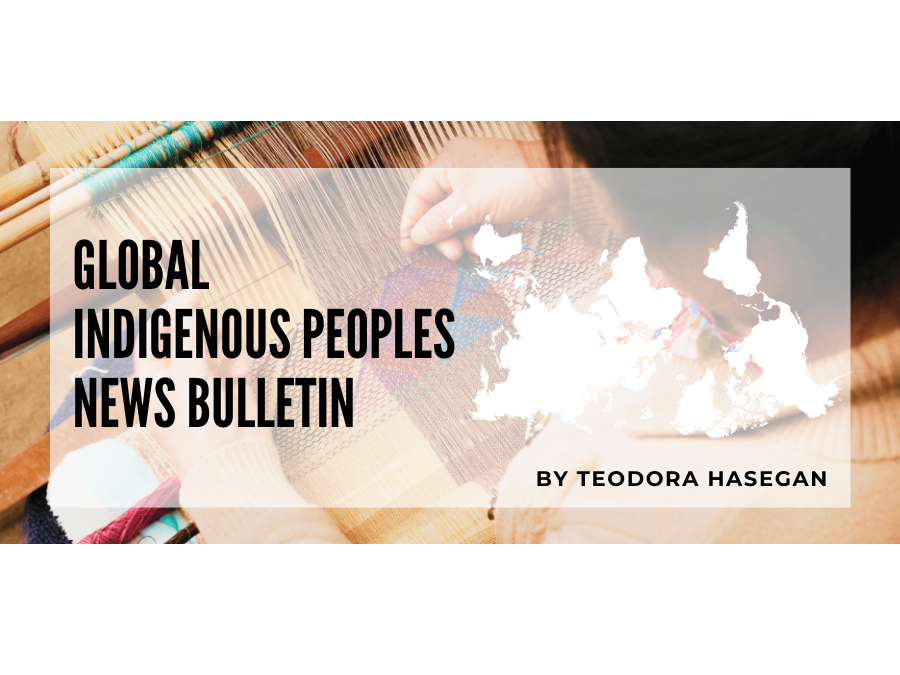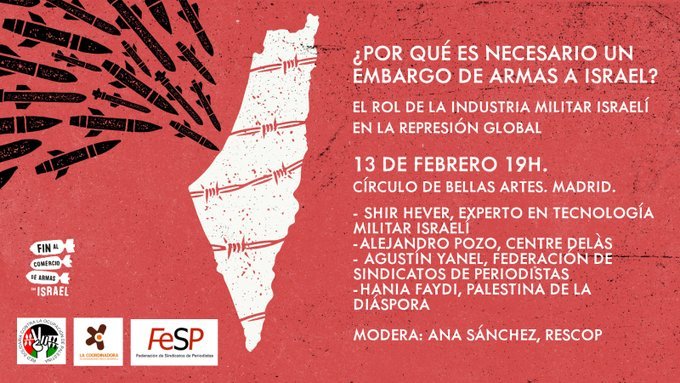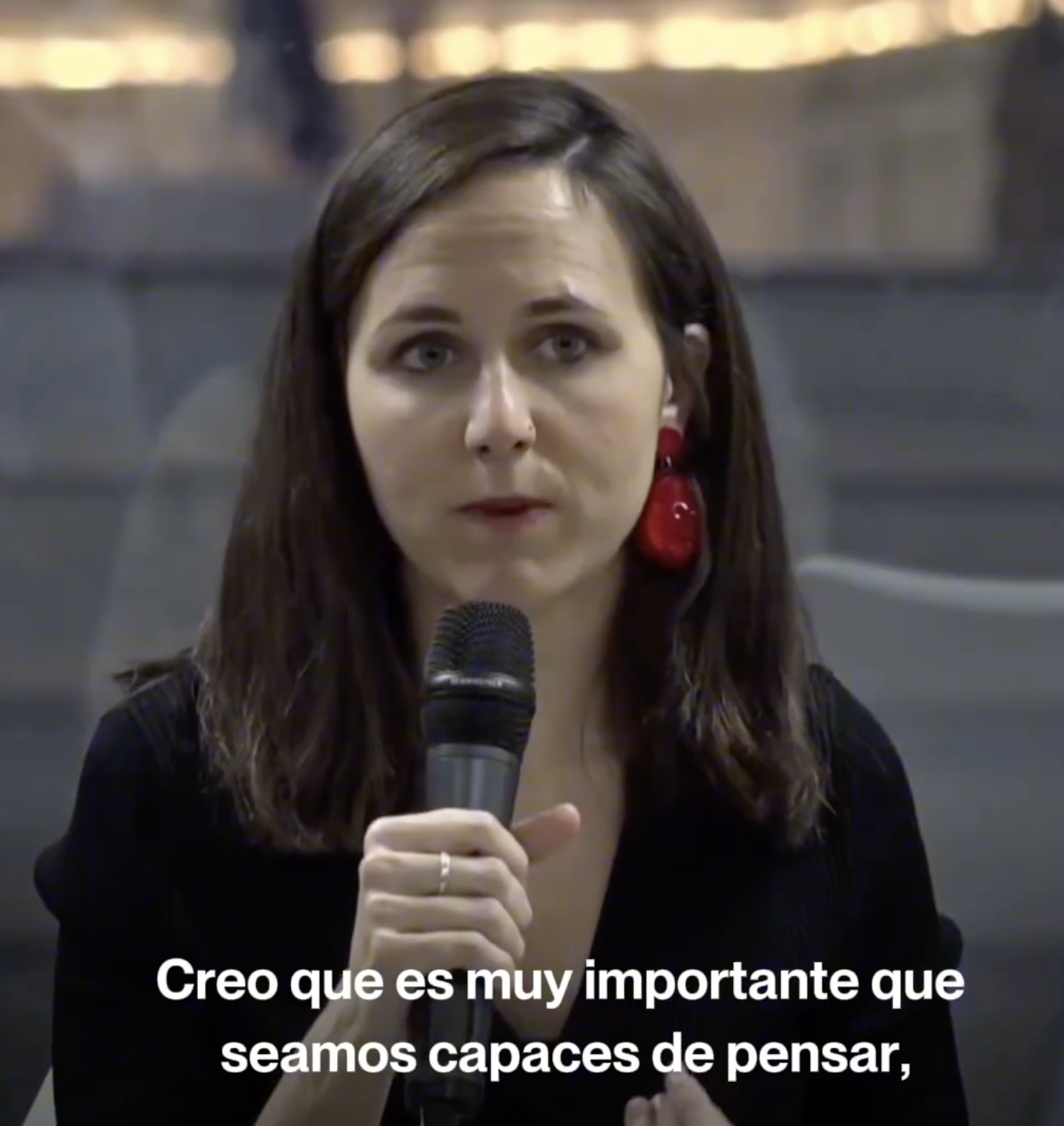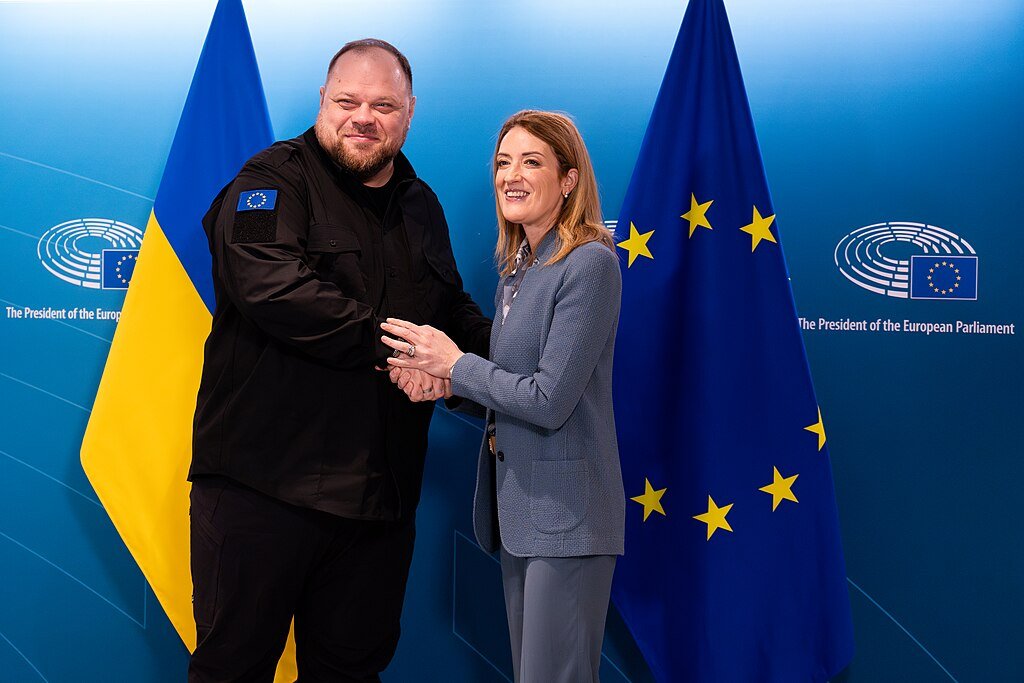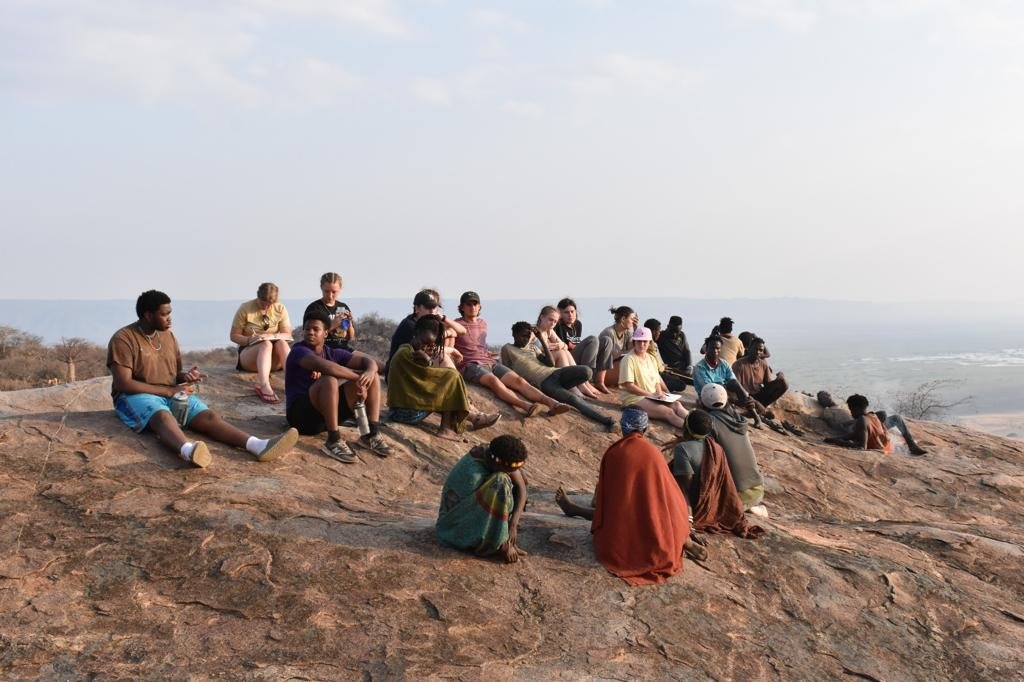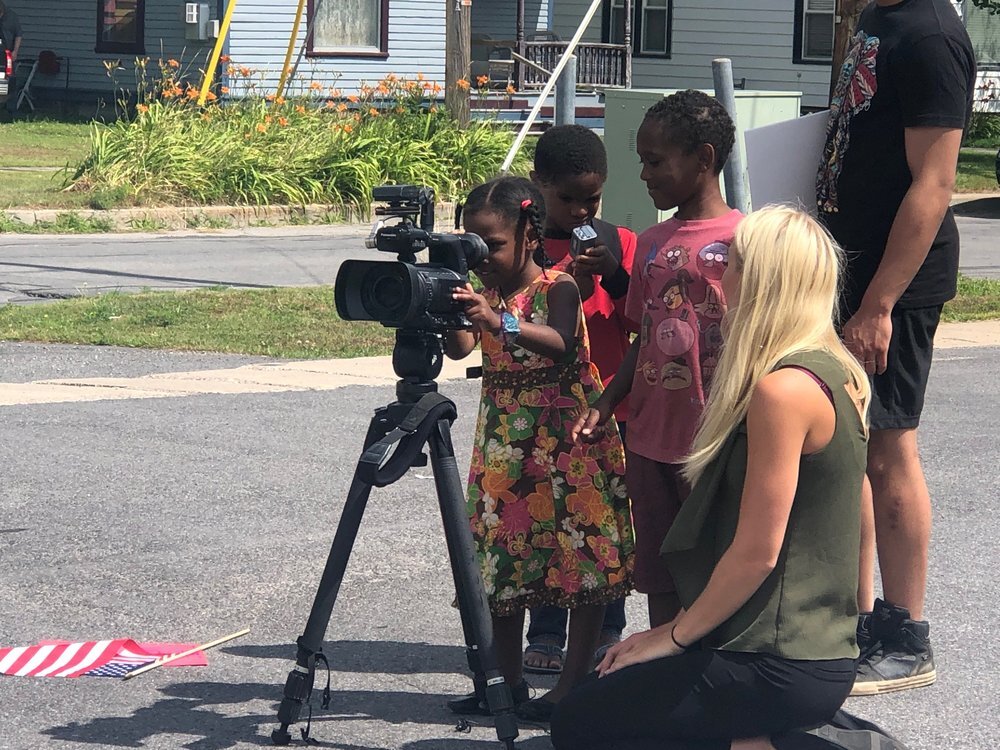
Stories
News

Analysis
Voices
Podcast
Announcements
Events

All Stories
Dreams and Nightmares: Georgia Navigates Russia-Europe Tensions in the South Caucasus
For the past few months, the world has been watching mass protests unfold in Georgia. These actions represent more than just opposition to the current government; they also reflect a deeper struggle over the country’s future. Caught between European integration and growing Russian influence, Georgians continue to push back against years of Kremlin-led democratic erosion. Their fight extends beyond Russia, shaping Georgia’s place in a shifting global order where the European Union (EU), the United States, and China also hold powerful influence.
Call for Grassroots Support After Myanmar Earthquake
As the people of Myanmar (Burma) and Thailand continue to suffer the effects of the earthquake that struck the region on March 28, a coalition of more than 200 Myanmar, regional, and international civil society organizations is calling for the international community to make sure that aid is not provided in a way that benefits the country’s ruling military junta.
Union Square’s Climate Clock: A Symbol of Climate Urgency Lost in Translation
It is a bright Saturday, the crisp air of late February stubbornly holding onto winter’s cold. Before me, Union Square Greenmarket unfolds in quiet rhythms. Usually a place of hurried crossings, the square now offers a reason to pause. Vendors line the pathways between sparse naked trees, nature reaching skyward as if trying to catch its breath amid the city’s steady hum. New Yorkers seem to find newfound fascination in sunflowers or a vintage teapot; it is a curious way of placing extraordinary importance on the seemingly unimportant. Amidst the hustle, something larger looms. A colossal clock, eighty feet wide, stands proud atop One Union Square South, overlooking the tranquil Union Square Park as its stark digital display counts down in red, pixelated numbers.
Global Indigenous Peoples News Bulletin #2 (March 2025)
This newly launched bulletin focused on Global Indigenous Peoples News, part of the Glocal Exchange project of Weave News, seeks to highlight some of the current issues from Indigenous communities in different parts of the world. Issue #1 of the bulletin was published in Weave Notes, our Weave News newsletter. The focus of the bulletin is aligned with the overall purpose of the Glocal Exchange project, which examines globalization through its impact from the perspective of local communities. It also supports the Weave News mission to “investigate and report about contemporary issues that are either underreported by establishment and other corporate media or reported in a way that excludes essential context, perspectives, and voices.” These are “issues that have a strong justice component and that reveal connections across communities, borders, struggles, and experiences.”
Interweaving with Premesh Lalu: The Long, Global Shadow of Apartheid
As Donald Trump’s victory in the 2024 US elections continues to reverberate both domestically and internationally, it is essential to confront the complex web of authoritarian politics, resurgent racism and nativism, technological power, and so-called “anarcho-capitalism” that the second Trump administration is bringing into public view. In this context, many observers have noted that key figures such as Elon Musk and Peter Thiel have deep roots in South Africa, suggesting that their influence on this new wave of authoritarianism may represent a new chapter in the story of South African apartheid.
Where Are You Going, Europe?
And now what? It seems the new US administration has taken the initiative to bring an end to the war in Ukraine. This represents an important shift from the policy developed by Joe Biden, which consisted of promoting and fueling the conflict and trying to put Russia, and in the process Europe, on the ropes.
Audaciously Hoping: Independent, Grassroots, and Global Perspectives on Social Housing
Let’s examine what we know about social housing. Here I have curated a variety of articles by independent news outlets which have reported on social housing developments “glocally” (that is, locally and around the globe). We selected independent news outlets because they dare to examine the issue via ideas that challenge the status quo. Mainstream (or legacy) media have reported on social housing, too, but their bias is toward capitalist market solutions for the housing crisis. In this context, social housing is casually dismissed as a viable housing strategy. If you read independent media, however, social housing receives treatment as one of many viable housing strategies that can help New Yorkers and other Americans.
We Have Entered the Era of ‘Global Boiling’ - Marine Wildlife, Ecosystems, and Economies Are Being Devastated
Marine heat waves are causing record-breaking ocean temperatures that kill animals and impact ocean-based industries.
California Fires: Independent, Grassroots, and Global Perspectives (UPDATING)
As apocalyptic wildfires continue to burn and proliferate in and around Los Angeles, CA, it is important to seek out coverage and perspectives that help contextualize the story, connect it with larger structures and processes such as the world’s escalating climate crisis, and point readers toward opportunities to provide grassroots support. Below we are curating and aggregating important coverage from US-based independent and grassroots media outlets and also from global outlets that are looking at events from outside the US.
Goodbye to Economic Globalization?
I headline this article with a question that, given the economic, political, and also military divisions that are shaking the international scene, might appear to have an obvious answer: in effect, globalization is behind us. But there is another, earlier question that turns out to be quite revealing and, in my opinion, is necessary to pose: which globalization are we talking about?
Criminalizing Solidarity: The Eternal Fascist Playbook
Here’s the thing: Fascists hate solidarity. At a minimum, they want you to laugh at people who embrace the solidarity impulse and who act accordingly. At a maximum, they want you to support the criminalization and violent suppression of this impulse. What this means is that acting out of solidarity is a fundamental part of the larger project of fighting fascism - a project whose global urgency is growing by the day.
The Struggle for Quality Employment in the North Country: Beyond Prisons and the Military
In this article, I wanted to go beyond simply presenting statistics to illustrate the extent of unemployment or economic insecurity in the North Country. I thought it was important to discuss how dependence on the military-industrial complex and the prison-industrial complex make the region's economy vulnerable, negatively impacting workers and their families.
Is LaMDA Sentient? We Don't Know - and That's What Scares Me
When it comes to Artificial Intelligence (AI), I am a layperson; I don’t have anything remotely resembling AI development experience. But if the interview posted by Google engineer Blake Lemoine is an accurate and truthful account of their conversation with LaMDA, I don’t know if I could make a determination on whether LaMDA is sentient or not.
And that’s absolutely horrifying to me.
Intersecting Roots: A Lost Sense of Authority
“Jordanians are angry that the country’s economic dependence on the United States would be further compounded by this new dependence on Israel for water. Given that the Jordanian regime’s survival is closely intertwined with the West, any disagreement with either the United States or Israel could be detrimental to the country’s stability. The water-energy deal would exacerbate this relationship, and locals were quick to reject it.”
Economic Insecurity: The Struggles and Resilience of the North Country
In this article, I seek to go beyond simply presenting statistics to illustrate the scope of poverty or economic insecurity in the North Country. I want to show how the limited understanding of poverty, as a threshold defined by institutions, obscures our awareness of people’s struggles to cover their necessities and of the systemic issues causing economic insecurity. Beyond this, I explore the intersection of social class with other identities such as gender and race while also highlighting the importance of grassroots work. Overall, I hope to generate more empathy for our neighbors and encourage support for the people working to improve their communities.
Accelerating Extremism: Far-Right Stickers and Billboards
Over Thanksgiving weekend I was making the trek from northern Virginia to New York State’s Capital Region and back. I took two different routes, mainly to avoid tolls on the return trip. On the way back to Virginia, I came across a number of stickers and billboards featuring several unsettling far-right symbols. My investigation into each of them was disturbingly easy; a simple Google search resulted in pages of far-right online content. Although the movement is increasingly based online, the lived consequences are severe. Each of the symbols I witnessed is a tiny signal of the movement’s very serious threat to democracy.
Thriving Amidst Discrimination
“There is still so much that happens to people of color that we should be upset about and protesting against. There is still so much work to be done before PWIs can truly be safe spaces for students of color too. Even though that is the case, my challenges being at a PWI taught me that I should not feel guilty for taking care of myself first. I learned about the importance of safe spaces and community.”
The Gift of Friendship
“All the years of watching American films and listening to American music could not have prepared me for the culture shock and loneliness I experienced during my time there. But despite some of the challenges I went through while trying to navigate predominantly white spaces, I found such incredible friends. It warms my heart to know that through it all we held each other in love, in care, in kindness.”
The Invisibility of Black Women in Predominantly White Institututions
“The only time I was noticed in any space was when topics related to blackness arose. Otherwise, I would be deemed intimidating and unapproachable at first glance.” Cynthia Lanor reflects on her experience at a PWI.

